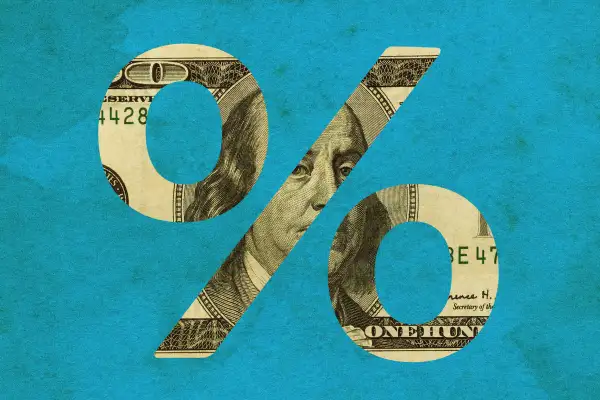When Will the Fed Cut Interest Rates? It Might Take Longer Than Expected
Money is not a client of any investment adviser featured on this page. The information provided on this page is for educational purposes only and is not intended as investment advice. Money does not offer advisory services.

As the economy continues to add jobs at a fast rate, the Federal Reserve is likely to wait patiently for further evidence that inflation and the overall economy are cooling before enacting a rate cut.
At the end of last year, following a major decline in the inflation rate, some forecasters were predicting as many as six or seven interest rate cuts by the end of 2024.
While the most observers still expect an interest rate cut between now and the Fed’s September meeting, the outlook is very uncertain and some analysts aren’t expecting any rate cuts in 2024.
Inflation has been stuck around the current level of 3.4% while the labor market has also remained hot — as evidenced by the latest jobs data, which came in stronger than expected on Friday.
The unemployment rate increased slightly and hit 4% for the first time in 18 months, but that level is still considered full employment. The bigger takeaway was that the economy added 272,000 jobs, which smashed expectations and “likely pushes back expectations of a Fed rate cut,” Bret Kenwell, U.S. investment analyst at eToro, said in a note Friday.
The Fed has a dual mandate to control inflation and support the labor market. That’s why strong labor market data has been viewed as bad news for investors, who are hoping that forthcoming rate cuts will boost the stock market. (Even with higher interest rates, the S&P 500 is up more than 12% so far this year.)
Will the Fed cut rates this year? When?
Lara Rhame, chief U.S. economist at FS Investments, says it’s going to be hard for the Fed to manage a rate cut this year for three reasons:
- Inflation is “stuck” at a level that’s too high for the Fed’s comfort.
- The latest economic data (on employment and financial markets) is strong.
- The timeline for a cut is complicated as the election nears even though the Fed is designed to be politically independent.
New inflation data comes out on Wednesday, and the Federal Reserve will likely announce later that day that it’s holding interest rates steady.
Most people think the Fed’s September meeting is the first realistic chance for a cut, but as Rhame notes, that's six weeks before the election. The optics of a September cut could be that the Fed is trying to juice the economy before voters head to the polls, thereby benefiting the incumbent, President Joe Biden.
“I think if they're going to cut, it's going to have to be November or late December,” Rhame says.
Bank of America, for its part, is eyeing that last meeting of the year. The bank’s analysts said in a report that the jobs data supports their view that a cut any earlier is unlikely. “We expect the Fed to stay on hold for now and start a gradual cutting cycle in December which will depend on a moderation in the inflation data. The economy may be cooling, but it is not cool,” the report said.
Even if the Fed does make cuts this year, it won’t necessarily mean we’re on a quick path back to the ultra-low interest rates that Americans were accustomed to before hikes occurred in 2022, Rhame says.
“The realization we may be coming to is that the last 15 years after the financial crisis and after COVID — like that was the aberration,” she says. “Is it higher for longer? Or is it kind of a renormalization?”
Quincy Krosby, chief global strategist for LPL Financial, thinks that at least one rate cut is coming this year — with September being a decent possibility — citing her expectation for stabilization in shelter prices and insurance, which have been major drivers of inflation.
“The Fed does not have to get to 2% [inflation] in order to cut rates, they just have to be ensured that the trajectory to disinflation has not stalled, and that it is moving down,” Krosby says. “It just has to be on the path towards 2%.”
Krosby acknowledges that the strong jobs data could reduce the chances of a cut this summer. Yet she says the Fed will likely cut rates if the labor market shows weakness, and rising unemployment could become a growing concern.
“They understand that the low-wage earner is under increasing pressure from credit card debt, higher rate credit cards, if they have mortgages, I could go on," she says. "If there is a deterioration in the labor market and then that group becomes more vulnerable, the Fed is going to be moving more quickly.”
More from Money:
17 Best Credit Cards of June 2024
Americans Think Inflation Will Get Worse After the Election. Should We Be Worried?

